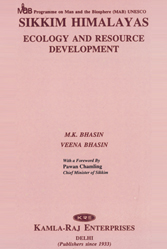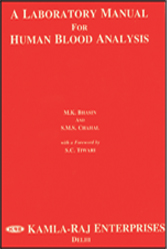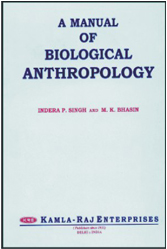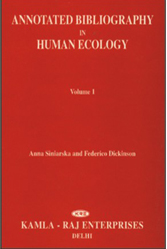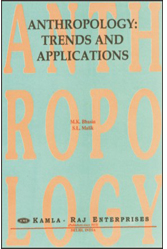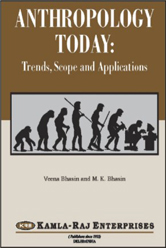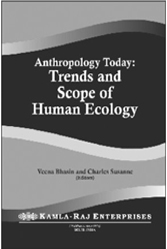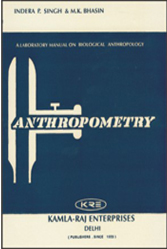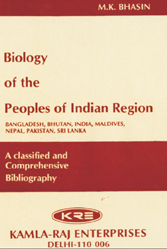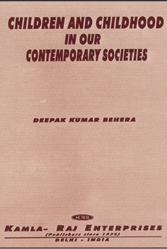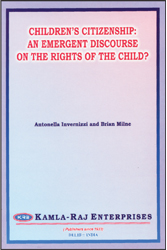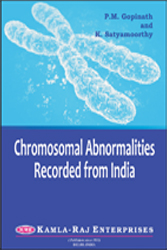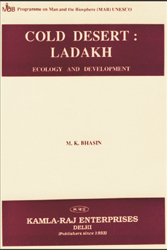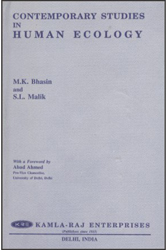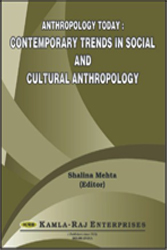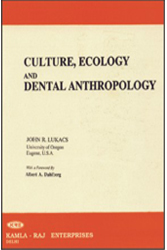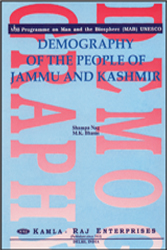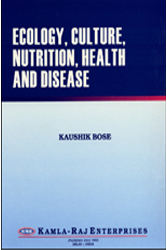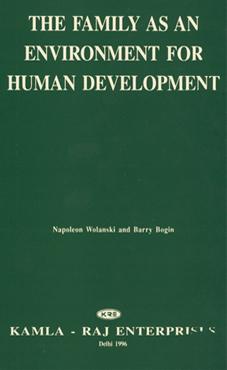
The central theme of this book is the family as an environment for child development. The diversity of research topics, from evolutionary biology to the urban environment, serves to emphasize the importance of the family as the filter which process energy and information from the greater environment into a form that can be utilized by the developing child. The family is the source of biocultural reproduction. The family reproduces both people (the biological) and reproduces the technology, the social organization, and the ideology of a society in those new people (the cultural). This book has four major themes: 1) the place of the family in nature and human society, 2) the family in historical perspective, including differences between various cultural groups, 3) the family as an environment for human growth, development and education, and 4) the family in transition in the contemporary world. These themes are the subject of 12 chapters, and a preface, written by an international array of scholars.
The wide diversity of subject matter described in these chapters will make this book of interest to anthropologists, economists, historians, medical professionals (e.g., nurses and some physicians), philosophers, political scientists (and some politicians), psychologists, sociologists, and theologians.
